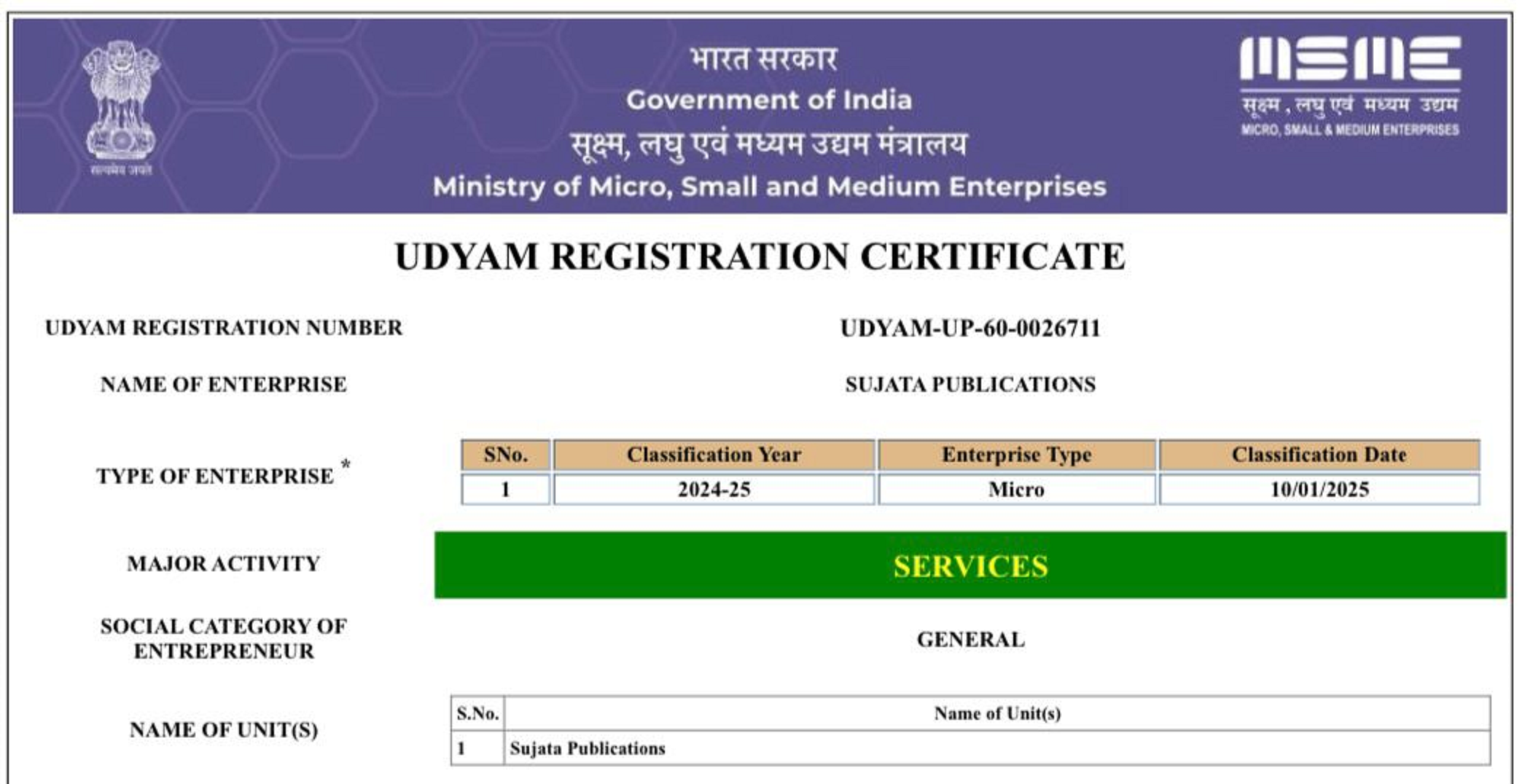Role of Interleukin-18 Inflammatory Disease
DOI:
https://doi.org/10.62896/ijpdd.2.5.10Keywords:
Systemic lupus erythematosus (SLE), dermatitis, rheumatic arthritis (RA), inflammatory bowel disease (IBD), and interleukin 18Abstract
The family of interleukin (IL)-1 includes IL-18. The fact that both IL-1B and IL-18 need intracellular cysteine proteolytic caspase-1 for any biological activity indicates their intimate relationship. Some autoimmune illnesses are believed to be partially caused by IL-18. Interferon-G (IFN-G) is thought to be elevated in a number of conditions, such as Crohn's disorder, the skin condition, arthritis of the joints, graft vs host illness, lupus erythematosus systemic, and stimulation of macrophages syndrome. Moreover, it appears that IL-18 may be involved in ischemia, which includes acute kidney injury in humans. The role of IL-18 is demonstrated by animal models of hepatitis, graft versus target infection, plaque accumulation, and lupus erythema. Remarkably, inflammatory mediator 18 plays a part in hunger regulation and the ensuing development of obesity. It has been demonstrated that IL-18-binding proteins, a natural and selective antagonist of IL-18, in is safe for use in human patients and neutralizes IL-18 activity. Capsase-1 inhibitors, human monoclonal antibodies against IL-18, which permeable IL-18 receptors, as well as anti-IL-18 receptors polyclonal antibodies are further potential treatments for lowering IL-18 activity.
Downloads
Published
Issue
Section
License
Copyright (c) 2025 Sujata Publications

This work is licensed under a Creative Commons Attribution-NonCommercial 4.0 International License.
















